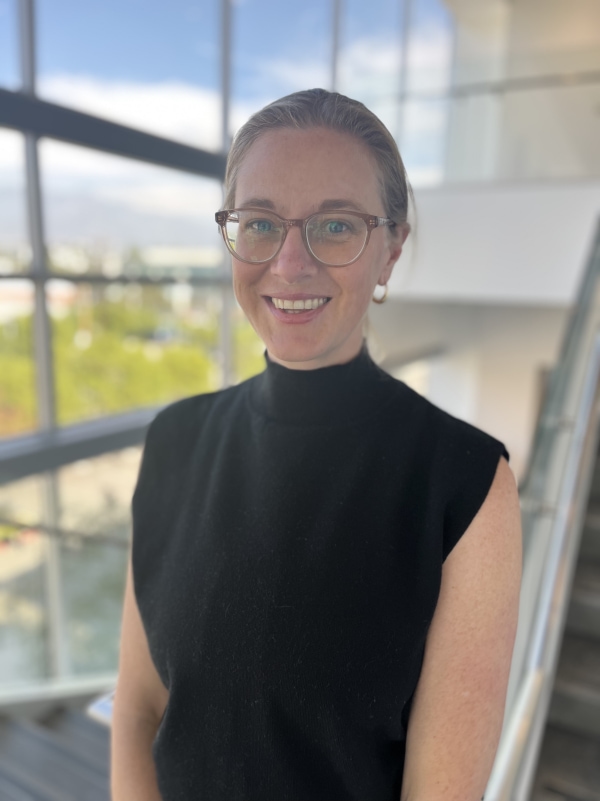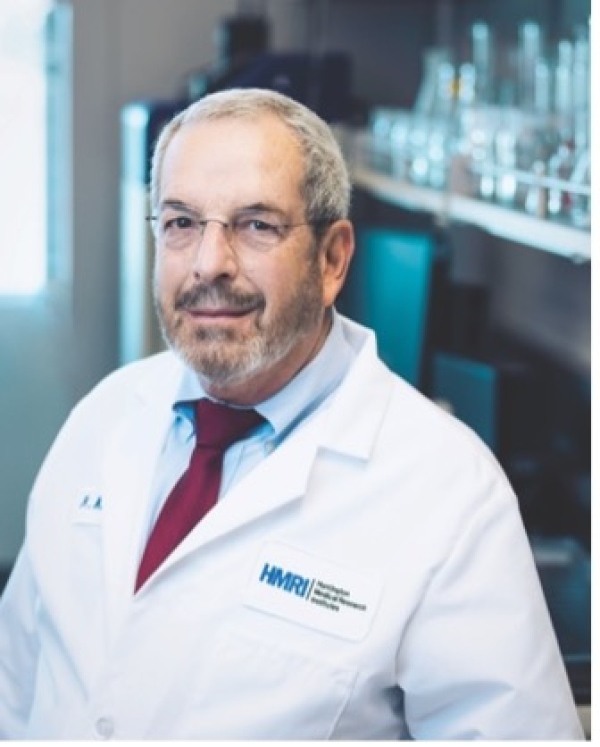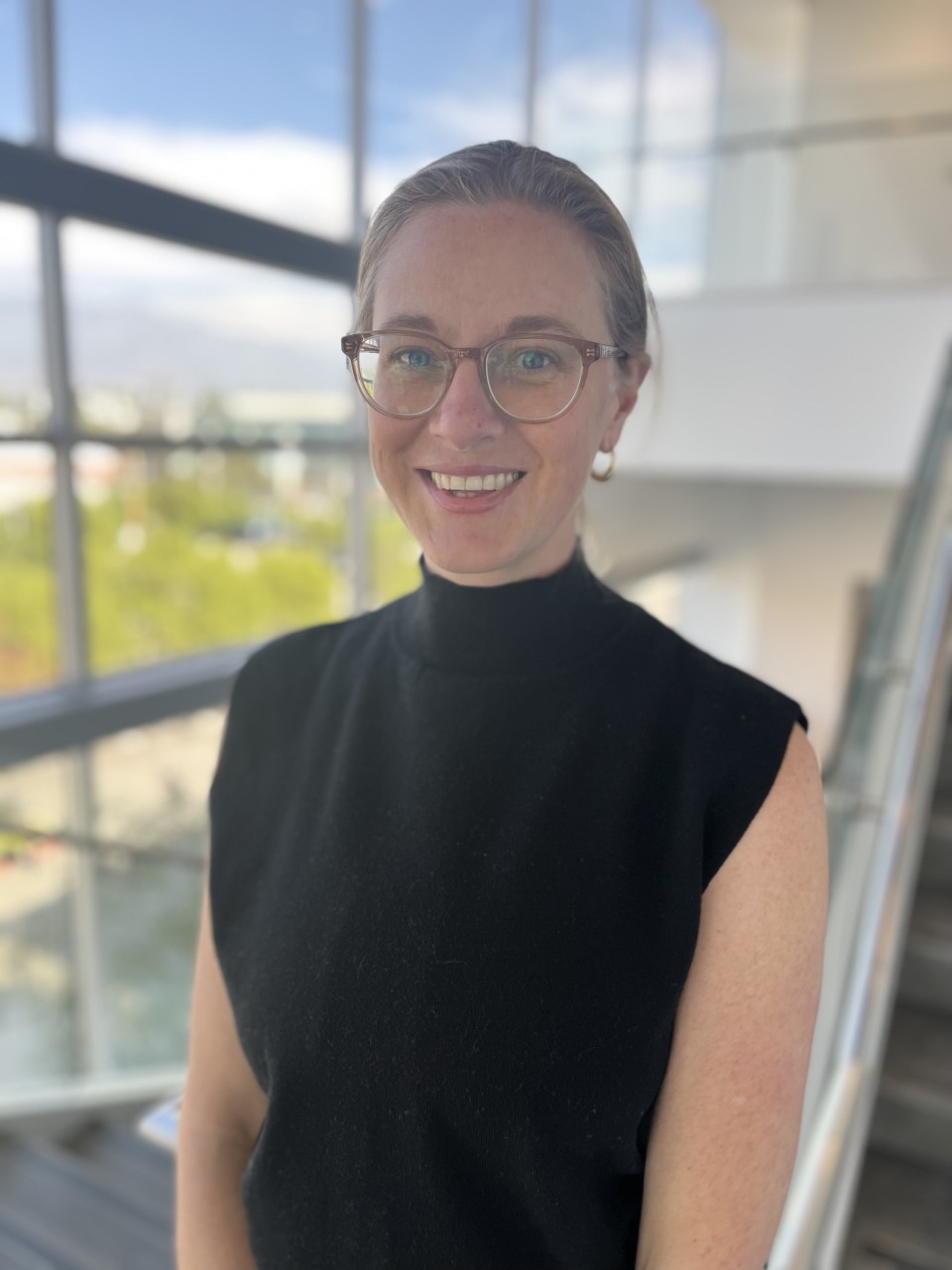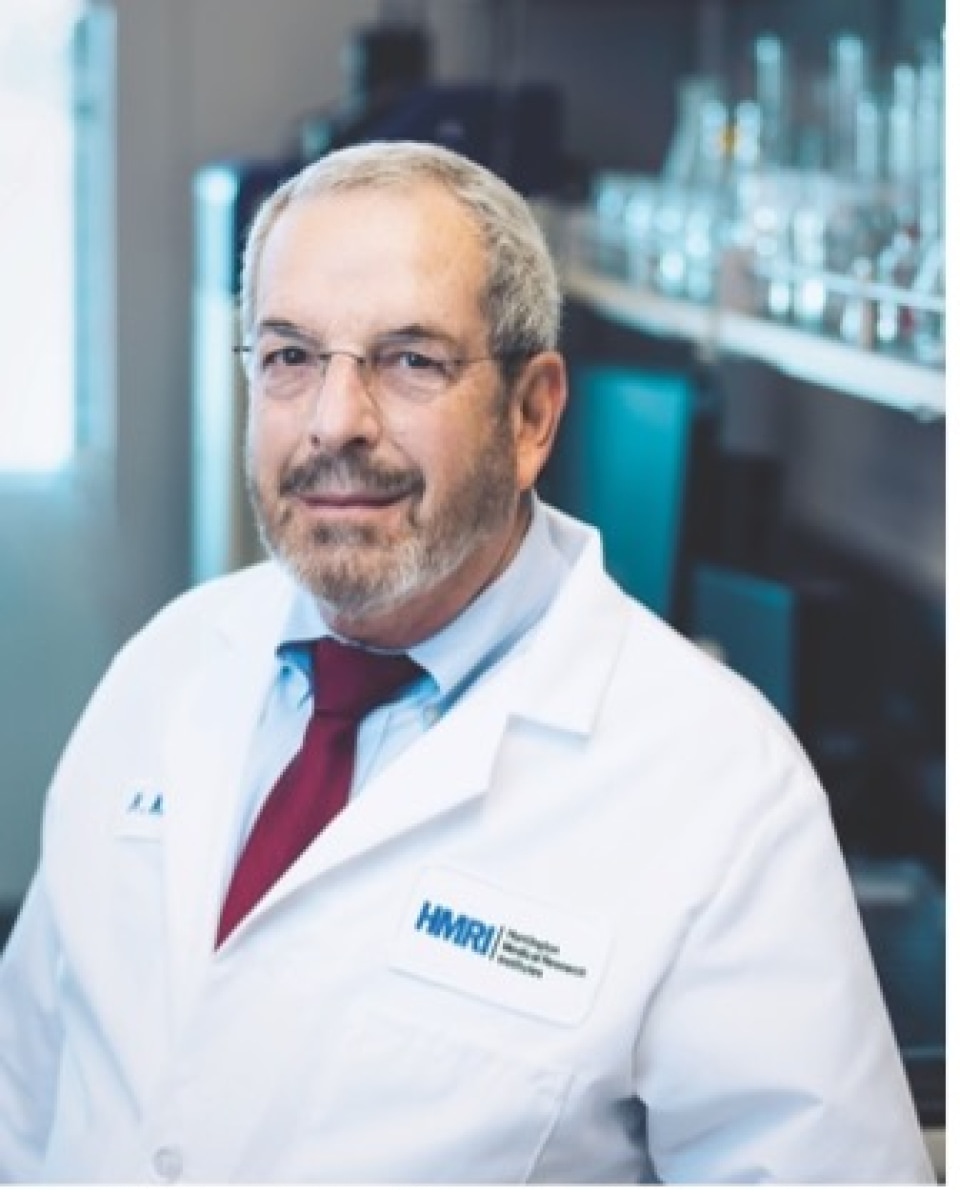60 or Over?
Volunteer for Our Brain Aging Study in Pasadena
Help Uncover the Causes of Alzheimer’s Disease and Pioneer Early Detection Tests.
Alzheimer’s disease affects over five million Americans. A degenerative disease that slowly destroys brain cells, Alzheimer’s leads to a decline in memory and thinking skills. Huntington Medical Research Institutes (HMRI) has been studying the way people’s brains age and the causes of Alzheimer’s disease and other dementias for two decades. HMRI scientists have published more than 40 research papers related to brain aging.
Today our neuroscientists are working to identify new tests to make early diagnosis of Alzheimer’s possible, allowing for more effective treatment. These tests aim to detect changes in the brain caused by Alzheimer’s and related diseases before the onset of cognitive symptoms, predicting individuals who do not yet show symptoms of the disease, the risk of future memory and functional decline.
You can potentially volunteer if you are at least 60 years old, live in Pasadena or the surrounding areas, are cognitively healthy.
You will be interviewed about your medical history, and asked to undergo voluntary non-invasive and minimally-invasive tests.
These may include physical exam, cognitive testing, magnetic resonance imaging (MRI), lumbar puncture, blood draw, electroencephalography (EEG), retina scan, and other examinations related to
brain aging.
You’ll make three to five visits, each about one to four hours long, over the course of three months—all at our facility in Pasadena, California. These visits will be repeated every two years. You’ll be compensated for your time.
Who leads the study?

Astrid M. Suchy-Dicey, PhD, Associate Professor, Chair and Scientific Director of Clinical Neurosciences, and Principal Investigator of the Brain Aging Study at HMRI is an epidemiologist dedicated to unraveling risk and etiology in neurodegenerative disease.
Her research focuses on the methodology for collecting, analyzing, and interpreting imaging, plasma biomarkers, cognitive testing, and social determinants pertaining to vascular and Alzheimer’s diseases, with a particular interest in health disparities. She leads multiple independent, NIH-funded research aimed at understanding risk and resilience factors in brain aging in American Indians, Alaska Natives, and other marginalized populations. Some of these projects include Plasma phosphorylated tau protein and Alzheimer’s disease in American Indians; Resilience, cultural alignment, social support, and brain aging; Psychological factors, community, and brain aging; Bilingualism as a protective factor of Alzheimer’s disease and related dementias (ADRD).
Dr. Suchy-Dicey also holds leadership positions at University of Washington (UW) Alzheimer’s Disease Research Center, Washington State University (WSU) Institute for Research and Education to Advance Community Health, and with the Strong Heart Study cohort. Dr. Suchy-Dicey earned her MS and PhD in epidemiology at the University of Washington, with dual concentrations in Public Health Genetics and Quantitative Methods. She has a background in molecular pathology, and advanced certification in machine learning.
Her research interests include: epidemiology of chronic diseases related to aging; complex systems of balance in human physiology; health disparities in U.S. minority populations.

Astrid M. Suchy-Dicey, PhD, Associate Professor, Chair and Scientific Director of Clinical Neurosciences, and Principal Investigator of the Brain Aging Study at HMRI is an epidemiologist dedicated to unraveling risk and etiology in neurodegenerative disease.
Her research focuses on the methodology for collecting, analyzing, and interpreting imaging, plasma biomarkers, cognitive testing, and social determinants pertaining to vascular and Alzheimer’s diseases, with a particular interest in health disparities. She leads multiple independent, NIH-funded research aimed at understanding risk and resilience factors in brain aging in American Indians, Alaska Natives, and other marginalized populations. Some of these projects include Plasma phosphorylated tau protein and Alzheimer’s disease in American Indians; Resilience, cultural alignment, social support, and brain aging; Psychological factors, community, and brain aging; Bilingualism as a protective factor of Alzheimer’s disease and related dementias (ADRD).
Dr. Suchy-Dicey also holds leadership positions at University of Washington (UW) Alzheimer’s Disease Research Center, Washington State University (WSU) Institute for Research and Education to Advance Community Health, and with the Strong Heart Study cohort. Dr. Suchy-Dicey earned her MS and PhD in epidemiology at the University of Washington, with dual concentrations in Public Health Genetics and Quantitative Methods. She has a background in molecular pathology, and advanced certification in machine learning.
Her research interests include: epidemiology of chronic diseases related to aging; complex systems of balance in human physiology; health disparities in U.S. minority populations.

Astrid M. Suchy-Dicey, PhD
Chair and Scientific Director Clinical and Translational Neurosciences Principal Investigator, Brain Aging Study
Astrid M. Suchy-Dicey, PhD, Associate Professor, Chair and Scientific Director of Clinical Neurosciences, and Principal Investigator of the Brain Aging Study at HMRI is an epidemiologist dedicated to unraveling risk and etiology in neurodegenerative disease.
Her research focuses on the methodology for collecting, analyzing, and interpreting imaging, plasma biomarkers, cognitive testing, and social determinants pertaining to vascular and Alzheimer’s diseases, with a particular interest in health disparities. She leads multiple independent, NIH-funded research aimed at understanding risk and resilience factors in brain aging in American Indians, Alaska Natives, and other marginalized populations. Some of these projects include Plasma phosphorylated tau protein and Alzheimer’s disease in American Indians; Resilience, cultural alignment, social support, and brain aging; Psychological factors, community, and brain aging; Bilingualism as a protective factor of Alzheimer’s disease and related dementias (ADRD).
Dr. Suchy-Dicey also holds leadership positions at University of Washington (UW) Alzheimer’s Disease Research Center, Washington State University (WSU) Institute for Research and Education to Advance Community Health, and with the Strong Heart Study cohort. Dr. Suchy-Dicey earned her MS and PhD in epidemiology at the University of Washington, with dual concentrations in Public Health Genetics and Quantitative Methods. She has a background in molecular pathology, and advanced certification in machine learning.
Her research interests include: epidemiology of chronic diseases related to aging; complex systems of balance in human physiology; health disparities in U.S. minority populations.

Robert A. Kloner, MD, PhD
Chief Science Officer Chair, Cardiovascular Research
Astrid M. Suchy-Dicey, PhD, Associate Professor, Chair and Scientific Director of Clinical Neurosciences, and Principal Investigator of the Brain Aging Study at HMRI is an epidemiologist dedicated to unraveling risk and etiology in neurodegenerative disease.
Her research focuses on the methodology for collecting, analyzing, and interpreting imaging, plasma biomarkers, cognitive testing, and social determinants pertaining to vascular and Alzheimer’s diseases, with a particular interest in health disparities. She leads multiple independent, NIH-funded research aimed at understanding risk and resilience factors in brain aging in American Indians, Alaska Natives, and other marginalized populations. Some of these projects include Plasma phosphorylated tau protein and Alzheimer’s disease in American Indians; Resilience, cultural alignment, social support, and brain aging; Psychological factors, community, and brain aging; Bilingualism as a protective factor of Alzheimer’s disease and related dementias (ADRD).
Dr. Suchy-Dicey also holds leadership positions at University of Washington (UW) Alzheimer’s Disease Research Center, Washington State University (WSU) Institute for Research and Education to Advance Community Health, and with the Strong Heart Study cohort. Dr. Suchy-Dicey earned her MS and PhD in epidemiology at the University of Washington, with dual concentrations in Public Health Genetics and Quantitative Methods. She has a background in molecular pathology, and advanced certification in machine learning.
Her research interests include: epidemiology of chronic diseases related to aging; complex systems of balance in human physiology; health disparities in U.S. minority populations.
INTERESTED?
For a member of the Brain Aging Study to contact you, please click the button below and fill out the form. We’ll be in touch soon!


